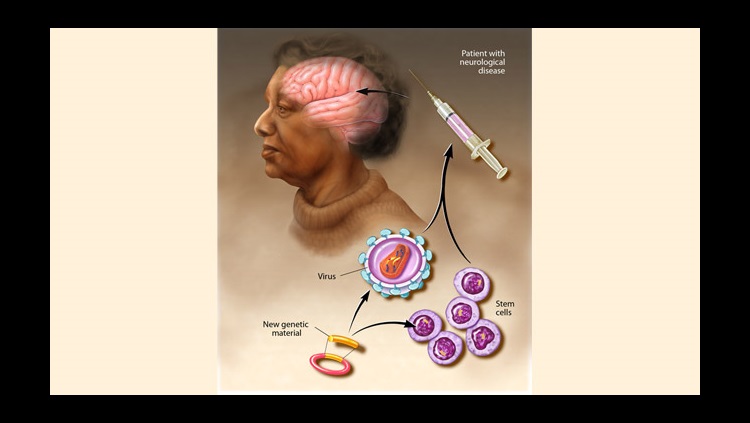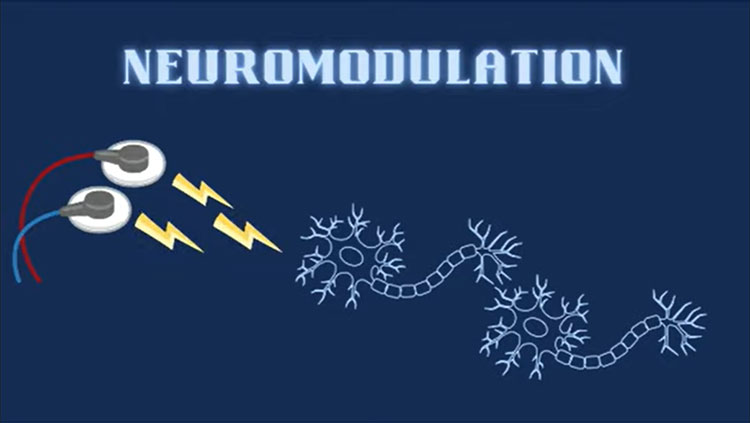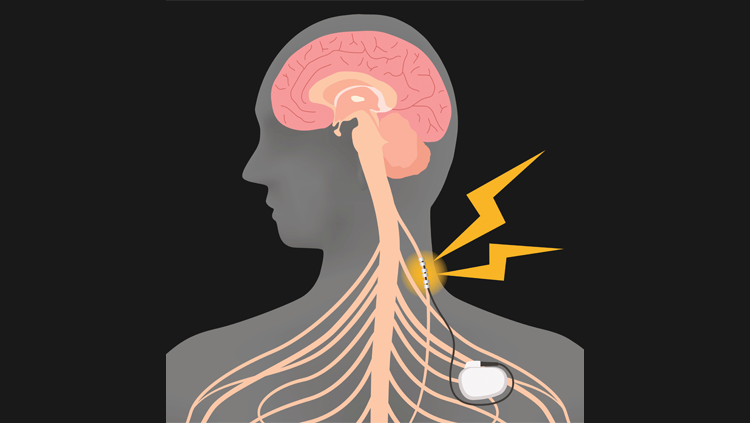Cell and Gene Therapy
- Published1 Apr 2012
- Reviewed1 Apr 2012
- Source BrainFacts/SfN
Researchers throughout the world are pursuing a variety of new ways to repair or replace neurons and other cells in the brain. For the most part, these experimental approaches are still being worked out in animals and cannot be considered therapies for humans at this time.
Scientists have identified neuronal stem cells — unspecialized cells that give rise to cells with specific functions — in the brain and spinal cord of embryonic and adult mice. Stem cells can continuously produce all three major cell types of the brain: neurons; astrocytes, the cells that nourish and protect neurons; and oligodendrocytes, the cells that surround axons and allow them to conduct their signals efficiently.

The production abilities of stem cells may someday be useful for replacing brain cells lost to disease. Recently, scientists have discovered how to convert cells from adult tissue into stem cells, raising the possibility that they might be pharmacologically directed to replace damaged neurons tailored to a specific patient and disease.
In other work, researchers are studying a variety of viruses that can carry therapeutic genes into the brain to correct nervous system diseases. Studies in animal models of human diseases have shown that gene transfer vectors can be effective in correcting at least some aspects of neurological disease.
At this time, adeno-associated virus (AAV) and lentivirus seem to be the safest and most efficient vectors. These vectors are being used in clinical trials in patients with Parkinson’s and in some rare genetic diseases. Herpes simplex virus and adenovirus vectors have been evaluated in early-stage human trials for treating brain tumors.
CONTENT PROVIDED BY
BrainFacts/SfN

















